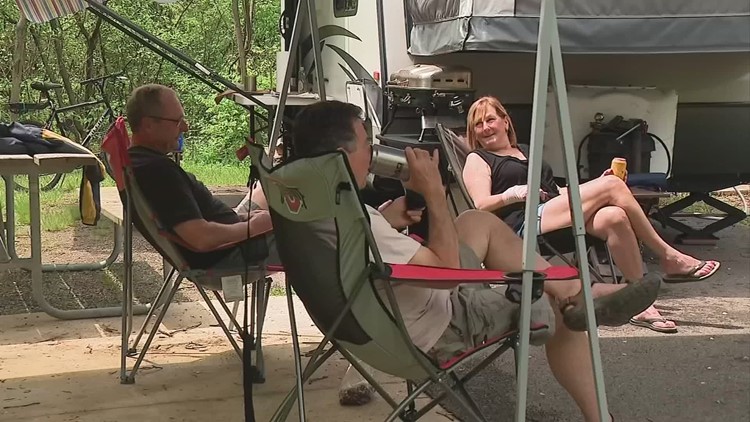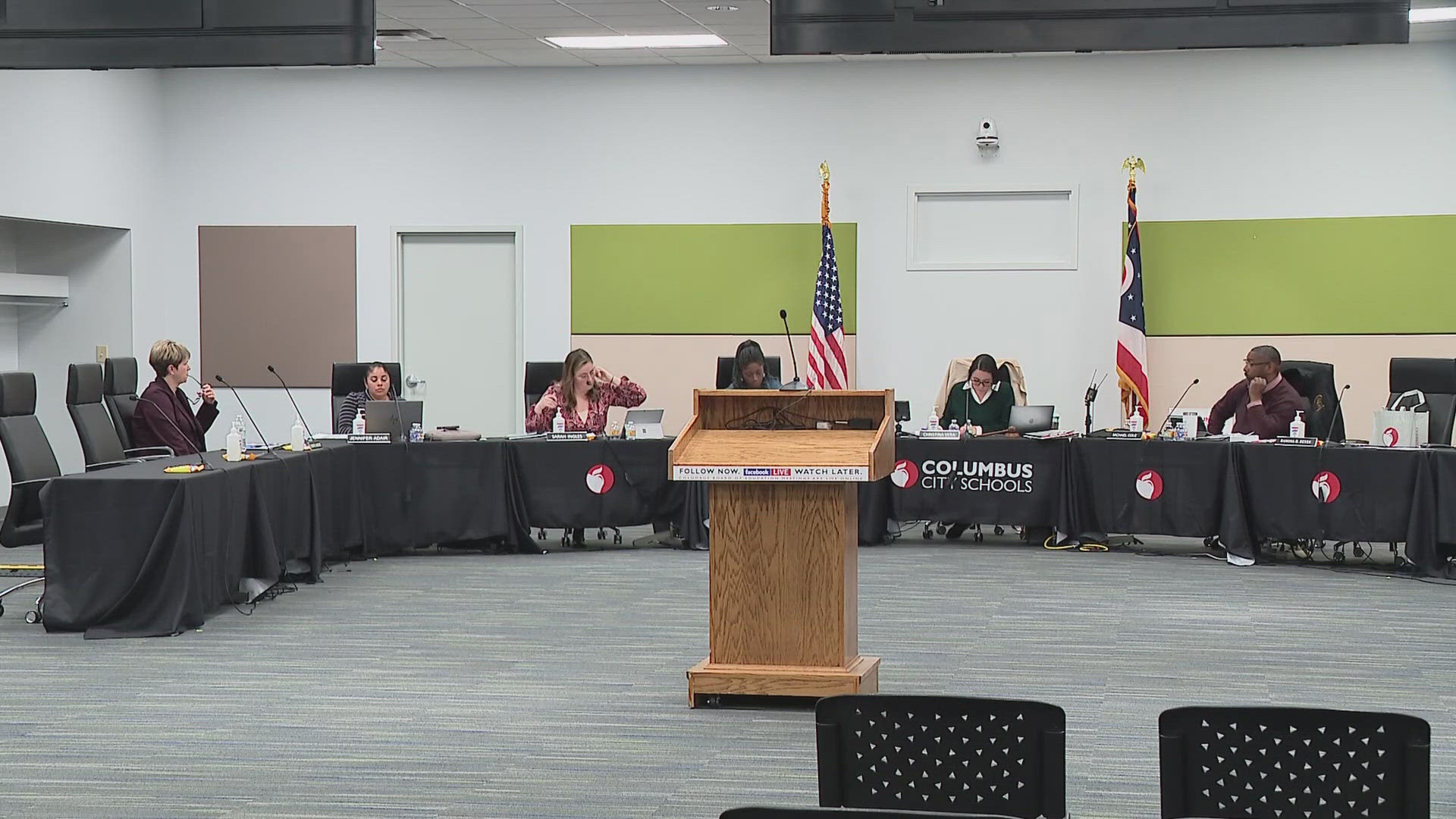COLUMBUS, Ohio —
While dealing with the COVID-19 pandemic, we're also dealing with an unintended consequence - what experts are calling a "loneliness epidemic."
Even though we're using technology to stay connected, we can still feel isolated.
"Certainly in this pandemic, the immune system is rather central to everything," says Dr. Janice Kiecolt-Glaser, director of the Institue for Behavioral Medicine Research at OSU Wexner Medical Center. "We know, from lots of work done in our labs and others since," she adds, "that close, personal relationships certainly affect the immune system. There's just a ton of evidence that the immune system is sensitive to negative emotions."
Of course, our immune systems are essential to fighting off viruses like COVID-19. Positive interactions with friends or family members can have a medical benefit.
"We're already stressed," says Dr. Kiecolt-Glaser "because the pandemic created so much uncertainty and so many difficulties, and if in the face of that, we also have mental health challenges that were already there, or other things going on, we have the perfect storm for making things even worse."
As we continue to practice social distancing, many of us have turned to technology to stay connected to loved ones, but even that can leave us feeling isolated. "When we think about our friends, and we want to talk to our friends, and we're talking to them over Zoom or six feet apart, it's not the same," she adds.
Dr. Sophie Lazarus, an assistant professor in the Department of Psychiatry and Behavioral Health at OSU Wexner Medical Center, says even staying in touch on social media can leave us feeling more isolated than connected.
"One of the things we know from the research on loneliness and also what we know from our personal experience is that loneliness is really more about our perception of being socially connected," she says. "If social media ends up being a means by which we form real relationships, that maybe lead to face-to-face interactions, then that is going to be really helpful," Dr. Lazarus adds. If we're just a member of multiple groups on social media, and the interactions or connections are more shallow or have less depth, then we're going to feel more lonely."
MAKE YOUR INTERACTIONS MEANINGFUL
Dr. Lazarus says if you're going to connect using Zoom or social media, to make your interactions count. "Whether it's scheduling a Zoom dinner, or scheduling a social-distancing kind of picnic, we need to put a little more effort into making this happen.," she says.
DO I HAVE YOUR ATTENTION?
"We're not going to really get as much out of (our virtual interactions) if we're not giving the interaction our full attention," adds Dr. Lazarus. "When we're face-to-face with someone, if we're checking our phone, or filing our nails, they would know that. But when we're online, it's easier to not give those interactions our full attention."
TAKE TIME TO DISCONNECT
Stepping away from social media and technology can go a long way to helping combat loneliness, says Dr. Lazarus. "I think our sense of connectedness certainly comes from interacting with other people, but there are also other ways that we can feel connected, like going out into nature, or helping other people, to give us the sense that we're part of something larger than ourselves."
GIVE YOURSELF SOME CREDIT
Just about everyone is going through a difficult time right now. Dr. Lazarus says it's important to recognize that and give yourself credit for small victories. "I have noticed that there's definitely a need to adjust our expectations in ourselves," she says, "because some things are just harder. If we have kids at home, we're just not going to be as productive and so I think it's really important to be able to be extra kind to ourselves and to give ourselves a little bit of grace in the face of all these changes."
If you are struggling with loneliness or any other mental health condition, you can find available resources here.



